The United Kingdom without Scotland: A Geographical and Historical Perspective
Related Articles: The United Kingdom without Scotland: A Geographical and Historical Perspective
Introduction
With enthusiasm, let’s navigate through the intriguing topic related to The United Kingdom without Scotland: A Geographical and Historical Perspective. Let’s weave interesting information and offer fresh perspectives to the readers.
Table of Content
The United Kingdom without Scotland: A Geographical and Historical Perspective
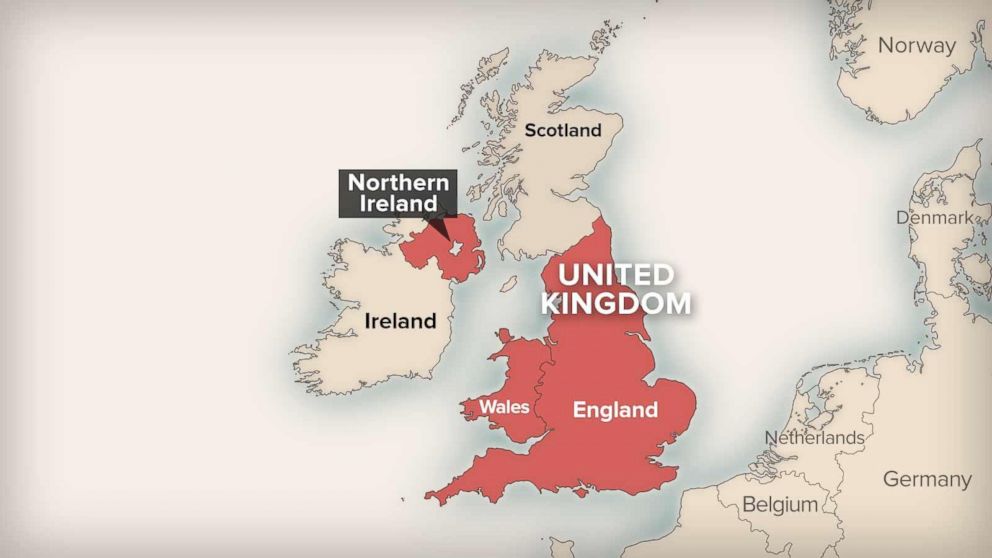
The United Kingdom, a nation renowned for its rich history, diverse culture, and global influence, is often depicted on maps as a unified entity encompassing England, Scotland, Wales, and Northern Ireland. However, considering the United Kingdom without Scotland presents a unique perspective, highlighting the historical and geographical complexities that shape the British Isles.
The Geographical Perspective:
Examining the United Kingdom without Scotland reveals a distinct geographical entity, primarily focused on the island of Great Britain. This "England and Wales" configuration, as it is sometimes referred to, encompasses a landmass of 148,493 square kilometers, considerably smaller than the full United Kingdom.
The absence of Scotland alters the geographical landscape in several ways. Firstly, it removes the rugged Highlands and the vast expanse of the Scottish Lowlands, leaving a more compact and predominantly lowland area. The northern border of England, which shares a long and complex history with Scotland, becomes the new northern frontier.
Secondly, the removal of Scotland significantly alters the coastline. The rugged coastline of the Scottish Highlands, renowned for its dramatic cliffs and numerous islands, disappears, leaving a coastline dominated by the English and Welsh coasts. This shift in coastline also impacts the maritime influence on the region.
The Historical Perspective:
The history of the United Kingdom without Scotland is a tapestry woven with threads of shared heritage, political alliances, and periods of conflict.
The relationship between England and Scotland has been marked by both cooperation and conflict. For centuries, the two nations were distinct entities, with their own monarchs, parliaments, and legal systems. The Act of Union in 1707 formally united the two kingdoms under a single sovereign, creating the Kingdom of Great Britain.
However, the union was not without its challenges. The Act of Union was met with resistance in both countries, and the relationship between England and Scotland remained complex. The issue of Scottish independence has remained a recurring theme in British politics, with referendums on the topic held in 1979 and 2014.
Examining the history of the United Kingdom without Scotland provides valuable insights into the dynamics of the British Isles. It highlights the unique historical relationship between England and Scotland, the impact of the Act of Union, and the enduring debate surrounding Scottish independence.
The Political and Economic Landscape:
The United Kingdom without Scotland would undoubtedly have a different political and economic landscape. Scotland’s presence in the United Kingdom contributes significantly to the country’s overall economy, population, and political discourse.
Scotland’s contribution to the UK’s economy is significant. It is a major producer of oil and gas, and its industries contribute to the UK’s overall economic output. Scotland also has a strong education system and a vibrant cultural scene, further contributing to the UK’s overall prosperity.
Politically, Scotland’s presence in the United Kingdom adds a unique dimension to the country’s political landscape. The Scottish National Party (SNP), which advocates for Scottish independence, has gained significant political influence in recent years. The SNP’s presence in the UK Parliament has often led to debates and discussions on issues related to Scottish autonomy and independence.
The Cultural and Social Impact:
The United Kingdom without Scotland would also have a distinct cultural and social landscape. Scottish culture, with its rich traditions, music, and language, is a vital part of the United Kingdom’s overall cultural tapestry.
Scottish literature, music, and arts have profoundly influenced British culture. Writers such as Sir Walter Scott, Robert Burns, and J.K. Rowling have contributed significantly to the literary landscape of the United Kingdom. Scottish music, from traditional folk music to contemporary pop and rock, has also played a prominent role in shaping British musical culture.
The absence of Scotland would also impact the social fabric of the United Kingdom. Scotland’s unique cultural identity and strong sense of community contribute to the diversity and richness of British society.
FAQs on the United Kingdom without Scotland:
Q: What would be the implications of Scotland leaving the United Kingdom?
A: The implications of Scotland leaving the United Kingdom are complex and multifaceted. It would have significant political, economic, and social ramifications for both Scotland and the remaining parts of the United Kingdom.
Q: Would the United Kingdom without Scotland be a viable entity?
A: The viability of the United Kingdom without Scotland is a subject of ongoing debate. Some argue that the remaining parts of the United Kingdom would remain a strong and prosperous entity, while others believe that the loss of Scotland would significantly impact the UK’s economy, politics, and culture.
Q: What would be the future of the relationship between Scotland and the United Kingdom if Scotland were to become independent?
A: The future relationship between Scotland and the United Kingdom in the event of Scottish independence is uncertain. It would depend on the outcome of negotiations between the two countries, and it is likely to be a complex and challenging process.
Tips for Understanding the United Kingdom without Scotland:
- Explore the history of the Act of Union: Understanding the historical context of the Act of Union is crucial to understanding the relationship between England and Scotland.
- Study the Scottish National Party: The SNP’s political platform and its impact on the UK’s political landscape offer insights into the current debate surrounding Scottish independence.
- Engage with Scottish culture: Exploring Scottish literature, music, and arts helps appreciate the rich cultural contributions of Scotland to the United Kingdom.
- Consider the economic and political implications: Analyzing the economic and political implications of Scotland leaving the United Kingdom provides a comprehensive understanding of the potential consequences.
Conclusion:
The United Kingdom without Scotland is a hypothetical scenario that offers a unique perspective on the geographical, historical, political, and cultural dynamics of the British Isles. Examining the United Kingdom without Scotland highlights the complex and enduring relationship between England and Scotland, the impact of the Act of Union, and the ongoing debate surrounding Scottish independence. It also underscores the significant contribution of Scotland to the United Kingdom’s economy, politics, and culture. While the United Kingdom without Scotland remains a theoretical concept, it serves as a valuable tool for understanding the historical, geographical, and political complexities of the British Isles.
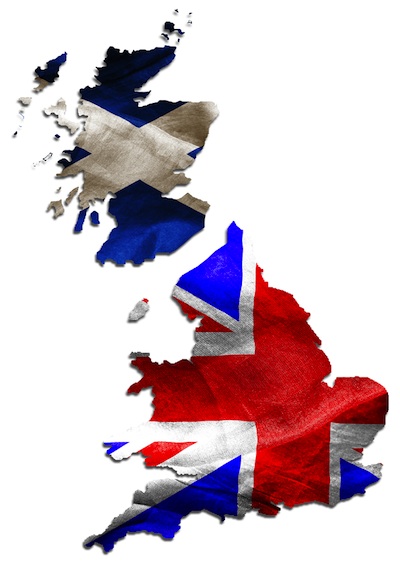
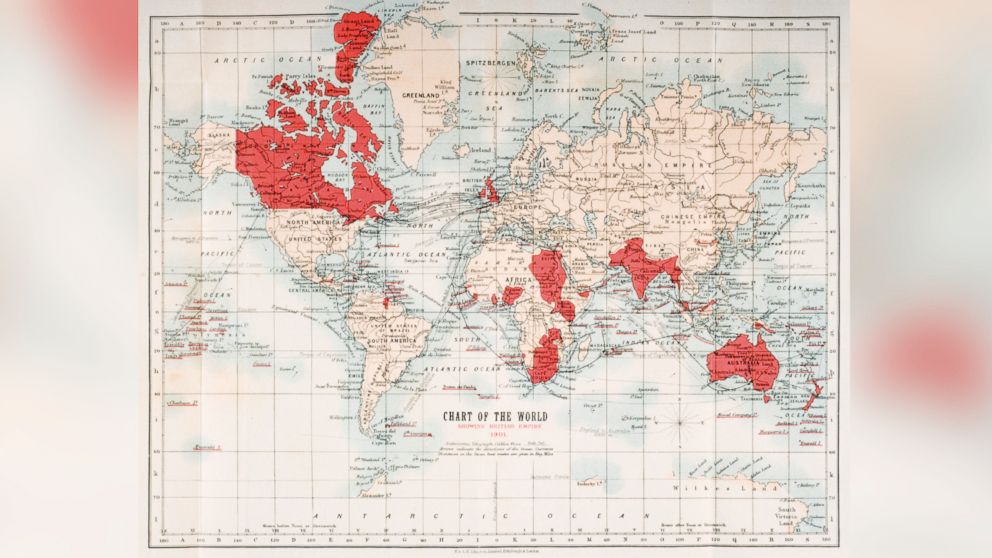
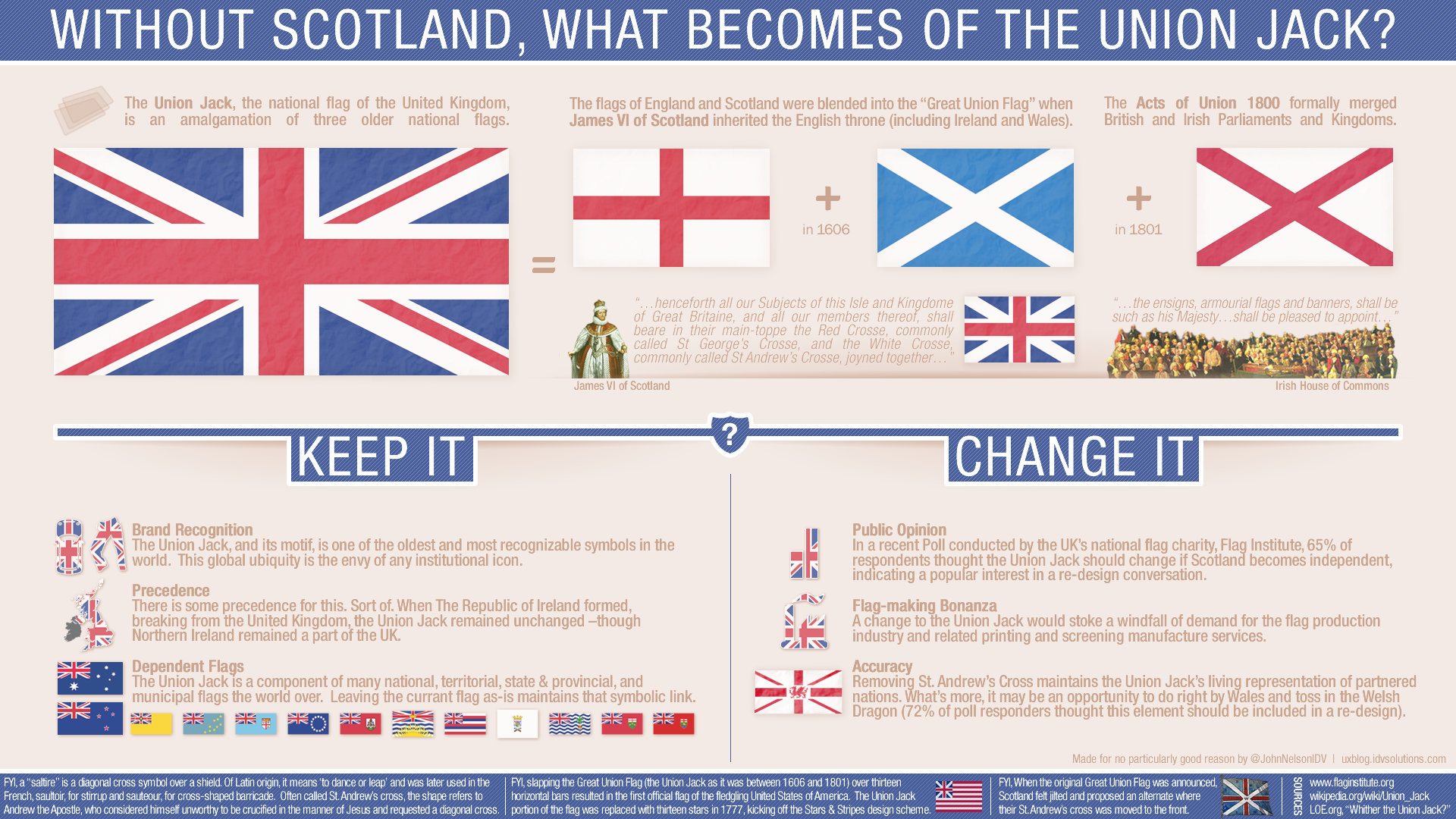
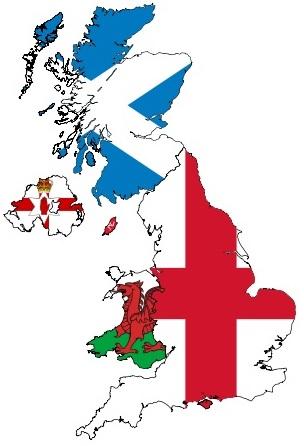
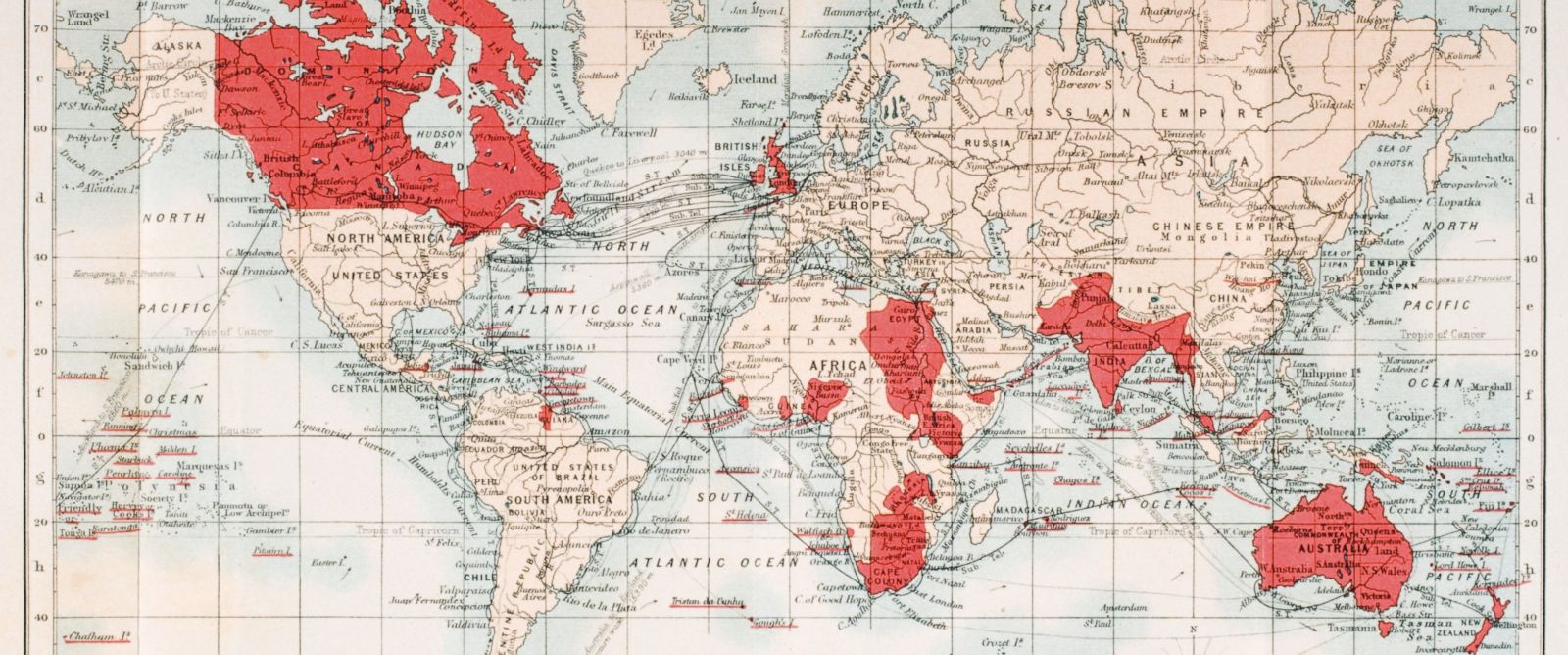

:max_bytes(150000):strip_icc()/omersukrugoksu-5c787983c9e77c0001e98e24.jpg)

Closure
Thus, we hope this article has provided valuable insights into The United Kingdom without Scotland: A Geographical and Historical Perspective. We thank you for taking the time to read this article. See you in our next article!
